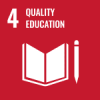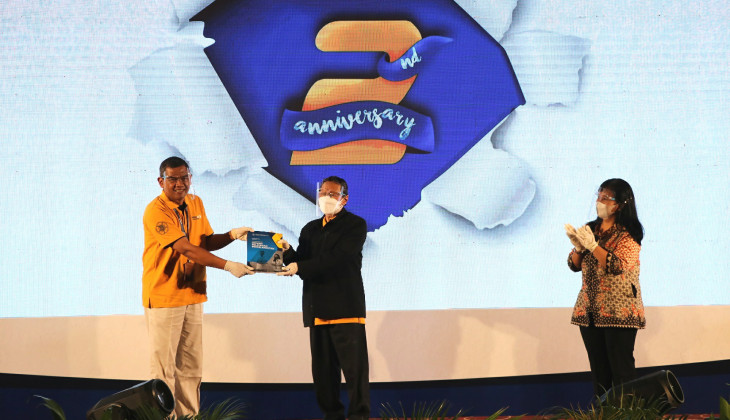UGM HR Director, Dr. Ratminto, said that 51 percent of the total 8,168 UGM staff, consisting of lecturers and education staff, are millennials. As is known, the millennial generation has many differences from the previous generation because this generation is known as the instant generation who prefers to get services and information faster. According to Ratminto, this type of generation requires the UGM Directorate of Human Resources to carry out various service needs innovations more quickly, precisely, and accurately. “Millennials are the first generation with digital native status,” said Ratminto in a workshop on Sustainable Service Innovation, Thursday (18/3), at the UGM University Club Building.
He said the composition of the UGM employees consisted of 51 percent of the millennial generation, 34 percent of generation x and 9 percent of generation z, and the remaining 6 percent were baby boomers. The millennial generation is often called generation Y, who was born from 1980 to 2000. From the composition of the generation types of UGM employees, according to Ratminto, UGM HR made various improvements to serve the service needs needed by UGM employees.
In the last two years, said Ratminto, UGM HR carried out various service innovation programs called the Prima SDM program. In 2018, UGM HR launched various service innovations presented in the form of faster correspondence services and digital services such as the Sakti Service or Integrated Document Tracking System.
This year, UGM HR brought back several innovations, such as employee competency development services, where they plan to conduct regular training. “Later there will be 30-40 training programs held every year,” he said.
Furthermore, UGM HR launched a Leadership Development program that aims to prepare prospective leaders through various leadership training. Besides, the Gadjah Mada Innovation Program is a grant program aimed at education staff in supporting the development of service innovation. There are several information service innovations in the form of an information system for promotion and rank of lecturers, and a system for regular salary increases in the form of an application developed to facilitate the process of periodic salary increases more quickly and accurately.
UGM Chancellor, Prof. Panut Mulyono, appreciated the various service innovations made by the UGM Directorate of Human Resources in developing human resources at UGM. According to him, some of the resulting innovations would encourage the implementation of good university governance and management that is oriented towards results, goals, and impacts.
“Maintaining these service innovations is necessary to increase competitiveness and services to the public,” he said.
Vice-chancellor for Human Resources and Assets, Prof. Bambang Agus Kironoto, hopes that the Prima SDM innovation can provide the best service for UGM employees to increase employee performance. “Even though it has only been running for two years, the achievement is truly extraordinary, but I believe there are still weaknesses here and there. However, we don’t stop here and feel satisfied because this achievement motivates us to improve the results and services,” he concluded.
Source: https://ugm.ac.id/id/berita/20891-51-persen-pegawai-ugm-didominasi-generasi-milenial



